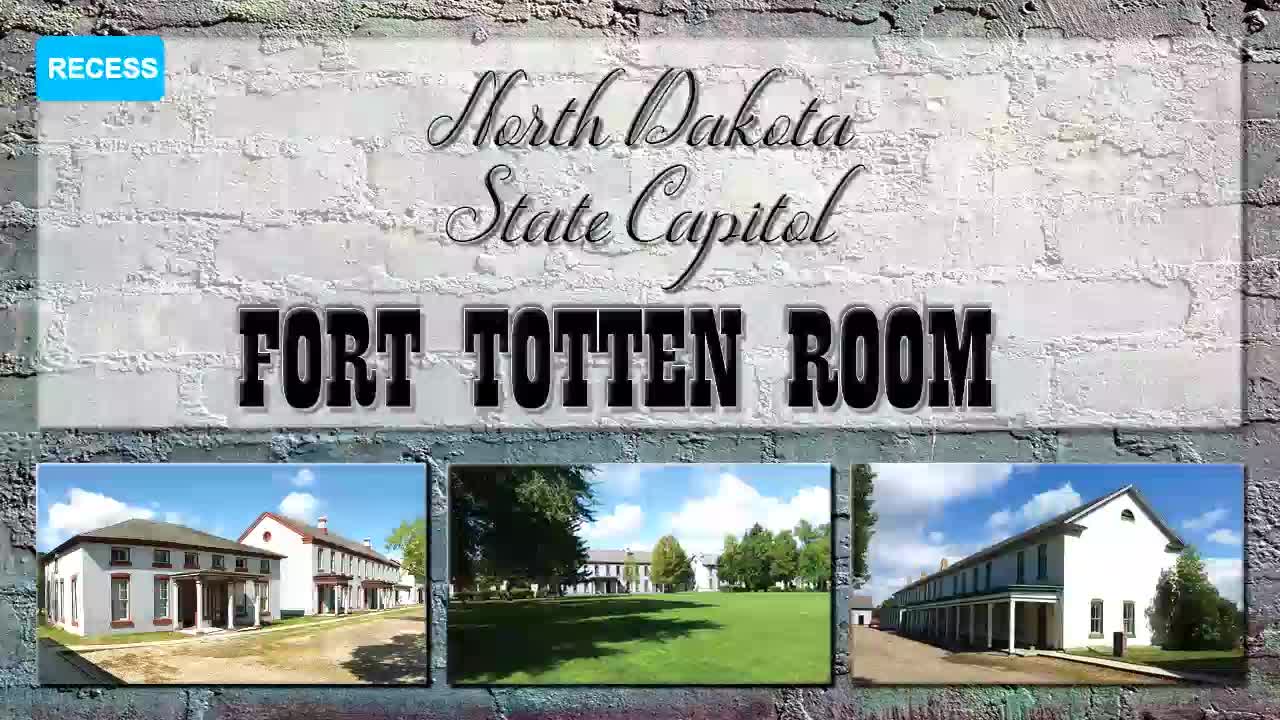Senate committee advances amended House Bill 1440 to clarify cigar-lounge permits, removes pipe tobacco

Summary
The North Dakota Senate Finance and Taxation Committee voted 4-2 to give amended House Bill 1440 a do-pass recommendation after removing pipe tobacco from a cigar‑lounge exemption and clarifying permit language.
The North Dakota Senate Finance and Taxation Committee voted 4-2 to give a do-pass recommendation to amended House Bill 1440, which clarifies how cigar lounges are permitted and removes pipe tobacco from the law’s exemption.
Representative Dan Ruby, R‑District 38, told the committee HB 1440 fixes an implementation issue that blocked new cigar lounges from receiving permits. “This change will allow a business to start up their business, operate for their first year, meet that percent. If they don't, they don't get a renewal,” Ruby said, describing the bill as a technical cleanup of last session’s law.
The bill keeps a requirement that cigar lounges derive a set percentage of gross receipts from on‑site cigar (and formerly pipe) sales — a threshold the tax department enforces at renewal — and retains language requiring ventilation and a humidor. The draft had added pipe tobacco to the permitted products; the committee adopted an amendment to remove pipe tobacco and to change one clause from “does not” back to the legislative‑preferred “may not.” The amendment was offered by Senator Wallen and passed on a roll call recorded in committee (five in favor, one opposed); the full bill as amended passed 4‑2.
Public‑health groups and local officials opposed the original draft during the hearing. Andrew Horn, coalition program director for Tobacco Free North Dakota, urged a do‑not‑pass: “By eroding the few guardrails put in place during the last legislative session, we weaken our indoor smoke free air law even further,” he said, citing national HVAC guidance and state health data on tobacco’s health costs. Mike Crumwoody of the American Heart Association and Ben Hansen of the American Cancer Society echoed those concerns, warning the exemption could “renormalize” smoking and expose workers and patrons to secondhand smoke.
Susan Koehler, substance‑abuse prevention coordinator for the City of Bismarck, told the committee Bismarck voters had recently upheld a local smoke‑free ordinance and that allowing indoor cigar (and previously pipe) smoking would create enforcement issues and “expose others to secondhand smoke.”
Tax department staff described the application and renewal process. Shannon Fleisher, associate director with the Tax Department, said applicants must report total sales and cigar sales and submit supporting sales records; the department reviews the documentation but is “not required to confirm” those figures via audit under current statutory language. Committee members asked whether that verification language should be strengthened; city and health witnesses said stronger oversight would be helpful.
Committee debate focused on two issues: whether adding pipe tobacco broadened the exception beyond last session’s intent and whether new businesses should be allowed a one‑year probationary permit before meeting the 15% cigar‑sales threshold. Supporters framed the bill as a narrowly tailored fix that preserves local zoning authority and permits entrepreneurs to open venues that otherwise could not meet a preexisting sales history requirement; opponents called the change an erosion of the statewide smoke‑free standard established by voters in 2012.
Senator Romo moved the do‑pass on the bill as amended; Senator Wallen was recorded as the carrier. The committee asked legislative counsel to draft clean-up language to ensure all references to pipe tobacco are removed consistently and to restore the recommended “may not” phrasing.
The committee closed the hearing after adopting the amendment and forwarding the bill with a recommendation to pass as amended. The committee also asked legislative counsel to prepare the requested technical edits for the bill report and to provide language strengthening verification options for the tax commissioner at renewal.

